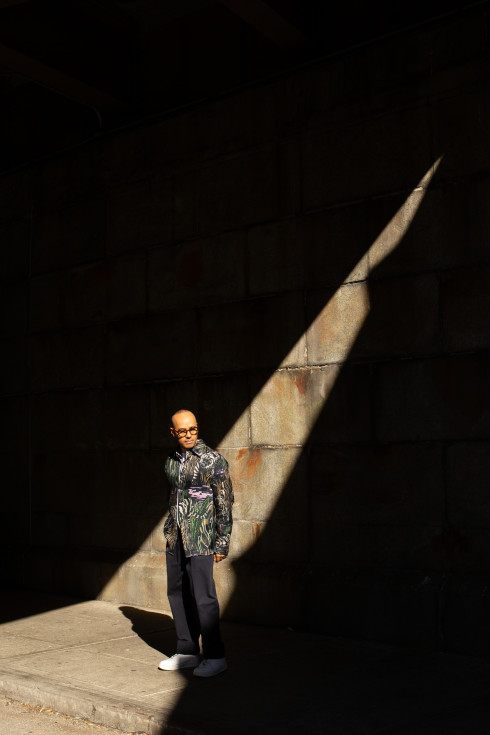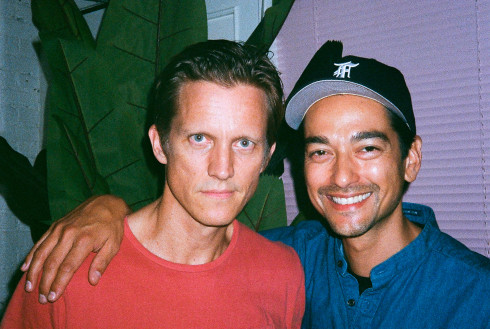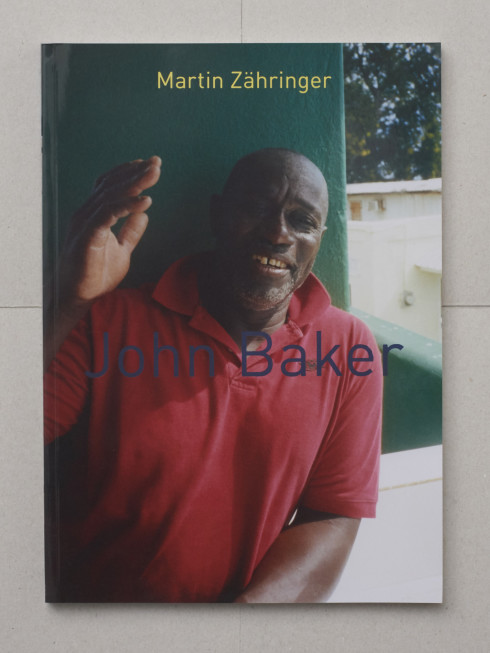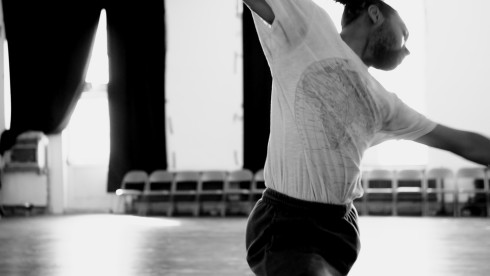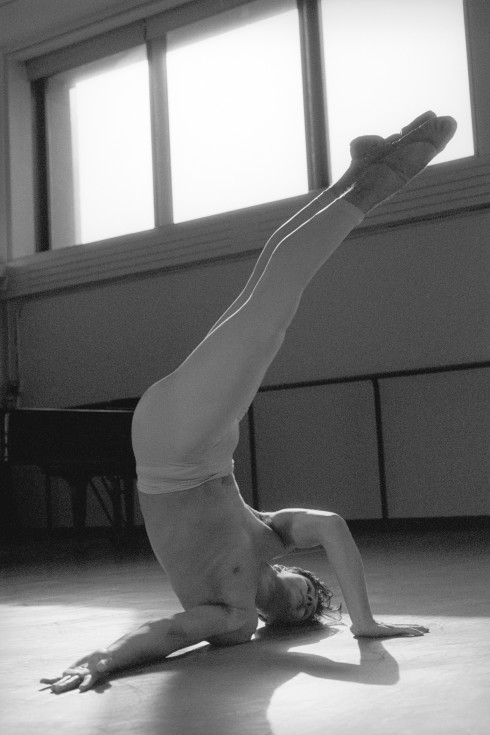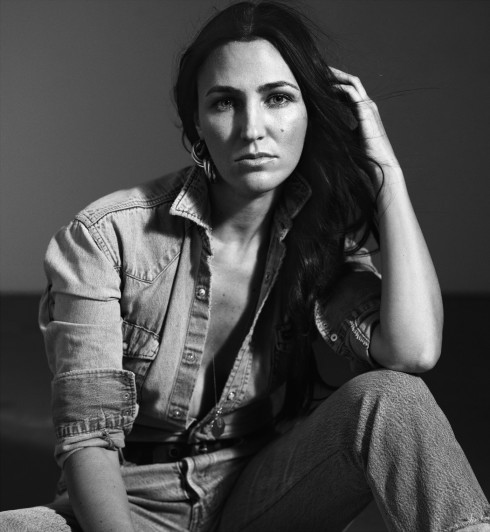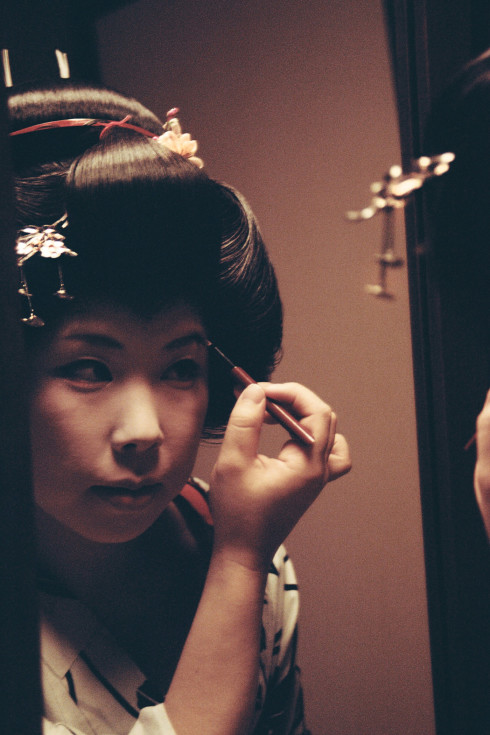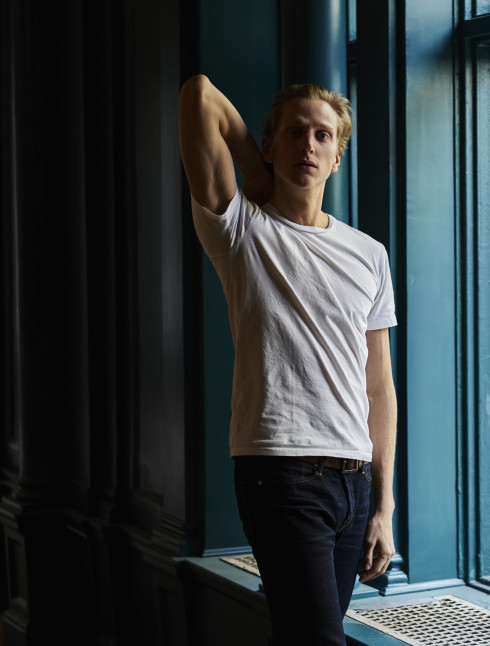
CATCHAFIRE
Is there a way to give back without ever opening your wallet? Catchafire inspires creatives to give their skill and time, creating a new mode of philanthropy that’s spreading like wild fire.
Lives shaped in the pursuit of social good are rarely defined by their subtlety. The passion that fuels the fire comes with its own set of baggage, most often a challenging—albeit necessary—yearning to accomplish the mission at hand by the most aggressive means possible.
Rachael Chong, founder and CEO of Catchafire, is unique in this respect. Chong followed her undergraduate degree at Columbia University by embarking on a career in finance for an uncommon reason: market research for a long-running dream to work with nonprofits. Despite having birthed this vision—non-specific as it was—during a childhood spent, in part, in the developing world, Chong had not yet finalized its shape, merely its spirit.
“I knew that I would have to leverage the economy, market, and business if I wanted to lead social change,” Chong says. “I really went into banking with this goal of learning so that I could apply that knowledge to changing the world. It was very idealistic.” In a fortunate twist of fate, it was in banking that the idea for Catchafire, which matches professionals of all types with nonprofits who need their skill sets, came to life. “Why is it that I’m using banking to go achieve my dream,” she asked, “and my friends are just doing banking for the sake of doing banking?”
View even more stories in the full Social Innovation Portfolio
Chong’s humble conclusion wasn’t so much that she was born with a need to drive change on a global scale but an awareness that she, and all others, had the ability to do so. “I realized it was because of the experience I had growing up. It made me think that it’s so important that people have an experience that helps them realize that the skills they have can be used to change the world,” she explains. Charity is often perceived to be a dated, ineffective endeavor, one of soup kitchens and clothing drives. “We want to change that, because there’s obviously so many ways to make a difference with your talents,” says Chong.
Catchafire deems itself a “for-purpose social mission business,” and the site’s twenty thousand volunteers include copywriters, branding experts, designers, accountants, analysts, community managers, and any other field of use to the five thousand nonprofits it serves. The nonprofits themselves post requests on the site— say, logo design or brand messaging—and the volunteers apply to complete them, at which point their work histories are reviewed as though they’re applying for a job. Chong’s business past seeps into every element—both volunteers and nonprofits are vetted and reviewed, and the latter must provide a marginal financial commitment—with the intent of bringing accountability and efficiency to provide an actual, tangible return on the investment of all involved. For anyone with a philanthropic past, this is a much-needed change of pace in a world in which volunteer work is largely unmeasured and often inefficient.
Catchafire’s ideal world is one in which true strategy and business savvy are not merely for-profit qualities. In seeing actual, measurable results, volunteers and nonprofits benefit on a mass, influential scale where anyone can—and knows he or she can—play a part. “At the heart of Catchafire is empowering people to use the opportunity to make a real difference,” says Chong. “When people see that they have the power to make a change much bigger than themselves, they will see that they have the opportunity to do good for the rest of their lives.”
For more information, please visit Catchafire.org.
Brady Donnelly is the assistant editor of The Last Magazine and a digital product director based in Brooklyn, New York.
